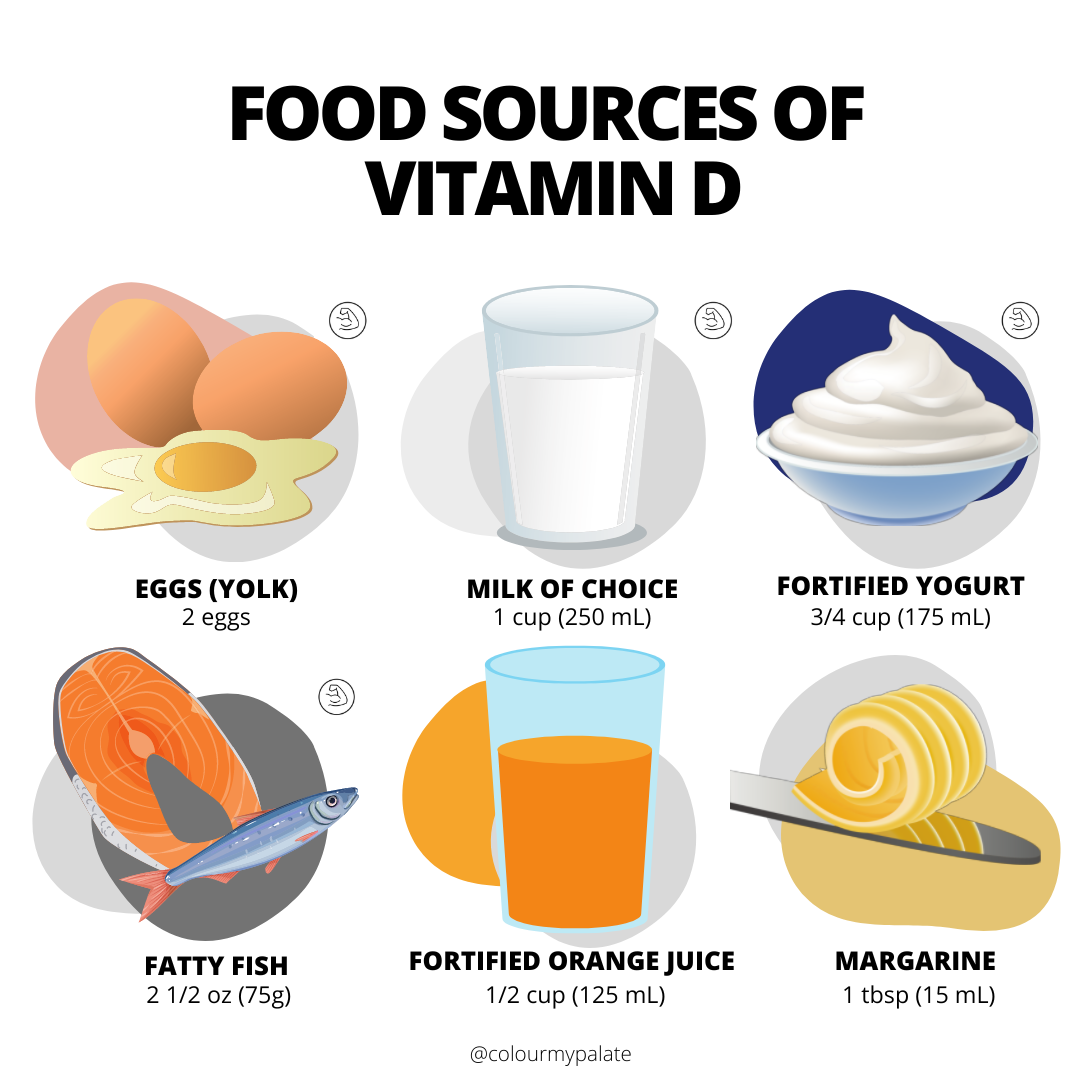Myth: Your Body Produces Enough Vitamin D in the Winter
Pour la version française, cliquez ici.
Vitamins are molecules that are essential to our diet, meaning that we need to eat foods that have vitamins in order to meet our nutritional needs. Vitamin D, also known as the sunshine vitamin, is a little different in that being our bodies can naturally produce it through exposure to the UVB rays that touch our skin whenever we go outside. That said, we don’t always need to supplement vitamin D.
Nevertheless, many factors can influence our body’s capacity to produce vitamin D, whether it be sunscreen, clothing, the time of the year, not going outside enough or, simply, our position on the Earth.
Let’s jump right into it.
1. What is vitamin D ?
Vitamin D is an essential vitamin with important physiological roles. It contributes to our immune health, bone health, as well as helps our muscles and nervous system to work properly. In fact, it helps us to absorb calcium and works conjointly with calcium in the body. Needless to say, vitamin D is very important! Not having enough vitamin D can increase your risk of bone fracture and osteoporosis, and is closely prone to cause weakness and depression.
2. Do we need to supplement vitamin D ?
In Canada, yes. This is because we are more at risk of developing a vitamin D deficiency in the winter as we are situated above the 35th parallel. Combined with all the layers of clothes we wear, the UVB rays above the 35th parallel in the winter aren’t strong enough for our bodies to produce enough vitamin D, even if we spent a whole day outside.
It is therefore recommended for all Canadians to supplement in vitamin D and/or to regularly eat foods rich in vitamin D during the winter months.
If you don’t drink milk or alternatives to milk, are pregnant or are over the age of 50, you might consider speaking to a registered dietitian to help you meet all your vitamin D needs.
3. What foods contain vitamin D ?
Few foods are naturally rich in vitamin D. Some foods, like cow’s milk and many alternative milks, are fortified with vitamin D. Here is a list of other foods that contain vitamin D:
Cow’s milk, evaporated milk or milk powder
Fortified alternative milks (ex: soy milk, almond milk or rice milk)
Fortified yogurt (Note: read the label to see if the yogurt has vitamin D)
Fortified orange juice
Fatty fish (ex: sardines, anchovies and salmon)
Eggs (whole)
Margarine
Fight those winter blues — eat foods rich in vitamin D!
To help include more vitamin D in your diet this winter, get inspired by these vitamin D-rich additions and recipes:
A loaded egg omelet such as this Vegetable Omelet or Smoked Salmon Omelet
A savory and comforting creamy casserole such as Broccoli Cheese Casserole or this Mushroom Stroganoff
Easy to meal-prep bites such as these Sardine Croquettes or Breakfast Muffins
A hearty flavorful pasta such as Midnight Pasta with Garlic, Anchovy, Capers and Red Pepper or Butternut Mac n Cheese
A fish-based dinnertime delight such as this Creamy Garlic Butter Tuscan Salmon
What’s your best trick to make sure you always get enough vitamin D?
Source(s):


